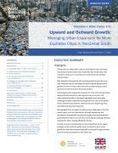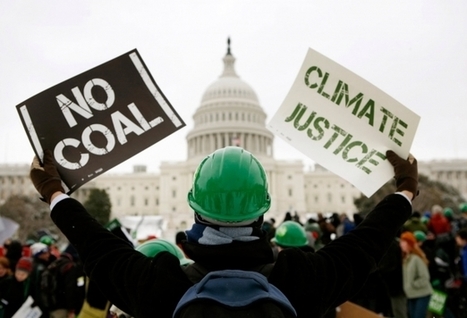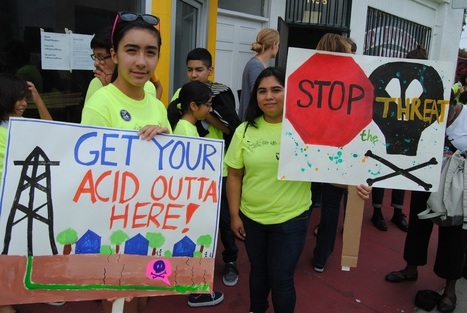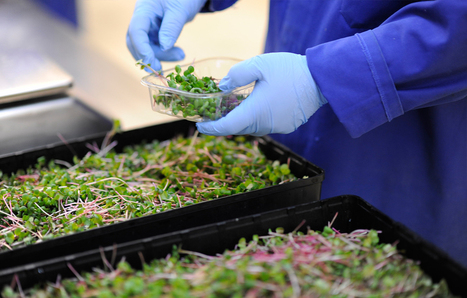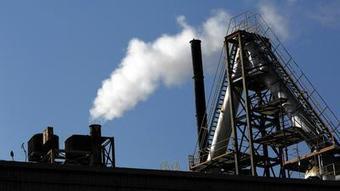This thematic paper in the World Resources Report, “[Towards a More Equal City](http://citiesforall.org/),” produced in collaboration with Yale University, analyzes data on urban expansion by measuring both the outward growth and upward growth in 499 global cities. It examines the challenge of rapid outward expansion for cities in the global South and highlights strategies

|
Scooped by PIRatE Lab |
PIRatE Lab's insight:
By the numbers: The world's fastest-growing cities are stretched too thin to serve their gargantuan populations. The crisis will only deepen as they grow, says Anjali Mahendra, co-author of a new report from the World Resources Institute.
In 60 years, Lagos, Nigeria, grew from a city of 200,000 to 22 million. But less than 10% of Lagos' population has a sewer connection, and just one-fifth has access to tap water.
Mexico City, which is home to 20% of the country's people and has seen its population double in the last decade, attempted to build affordable housing on the periphery of the city center to address the boom. But the homes were too far from jobs and have remained largely empty, Mahendra says.
In Bangalore, like many big Indian cities, amenities like paved roads and piped water drop off just 3 miles from the center of the city. The outskirts, where the population is just as dense, has seen a spike in unregulated well digging for access to drinking water, Mahendra's research found.
"In Kenya, the largest number of un-immunized children are in the slums of Nairobi, not the hinterlands," says Seth Berkley, CEO of Gavi, which vaccinates children. The bottom line: "There’s still a lingering belief that the next success story will be an exporter," says Karen Harris, managing director of Bain Macro Trends. But in many of the world's poorest, biggest metro centers, "you've created a labor force without anything to apply it to."
No comment yet.
Sign up to comment



 Your new post is loading...
Your new post is loading...
